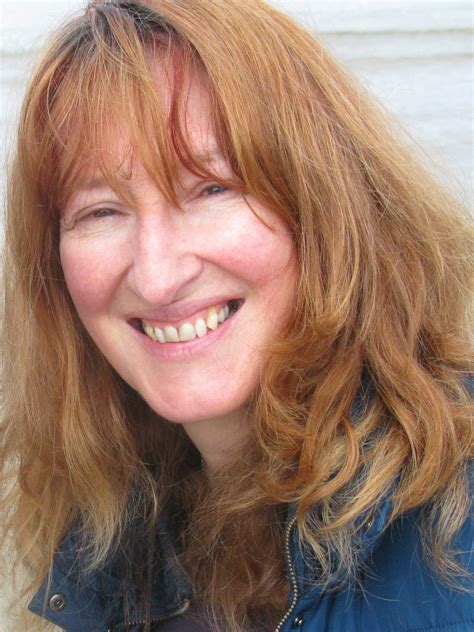A Quote by Adam Savage
We didn't set out to be educators or even scientists, and we don't purport that what we do is real science but we're demonstrating a methodology by which one can engage and satisfy your curiosity.
Quote Topics
Related Quotes
The fact that scientists do not consciously practice a formal methodology is very poor evidence that no such methodology exists. It could be said-has been said-that there is a distinctive methodology of science which scientists practice unwittingly, like the chap in Moliere who found that all his life, unknowingly, he had been speaking prose.
Here's the scientific community saying, fundamentally, "If we don't change our ways, we're screwed." And they got no attention at all. Even though the Union of Concerned Scientists put out this statement which was signed by more than half of all the Nobel laureates in science and another 1,500 distinguished scientists.
I don't think any administration, when they come in, thinks that their job is to tell the scientists what the science looks like or to be quiet about the science. Scientists need to remain true and not allow science to be politicized. Scientists are not politicians, and no politician should consider themselves to be a scientist.
Scientists blame the audience for being too stupid, shallow, or lazy to understand. There has been a fascinating debate in the blogosphere lately about communicating science to the public, and it's clear that most scientists just don't get it. They can't be bothered to talk to real people. Nobody will care about your issues if the price they have to pay is listening to a long lecture from Morton the science bug.
The popularity of the paranormal, oddly enough, might even be grounds for encouragement. I think that the appetite for mystery, the enthusiasm for that which we do not understand, is healthy and to be fostered. It is the same appetite which drives the best of true science, and it is an appetite which true science is best qualified to satisfy.
The private motives of scientists are not the trend of science. The trend of science is made by the needs of society: navigation before the eighteenth century, manufacture thereafter; and in our age I believe the liberation of personality. Whatever the part which scientists like to act, or for that matter which painters like to dress, science shares the aims of our society just as art does.
Learning how to access a continuity of common sense can be one of your most efficient accomplishments in this decade. Can you imagine "common sense" surpassing science and technology in the quest to unravel the human stress mess? In time, society will have a new measure for confirming truth. It's inside the people-not at the mercy of current scientific methodology. Let scientists facilitate discovery, but not invent your inner truth.



































